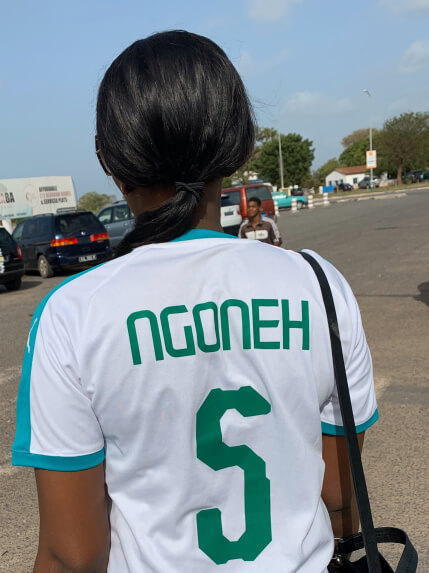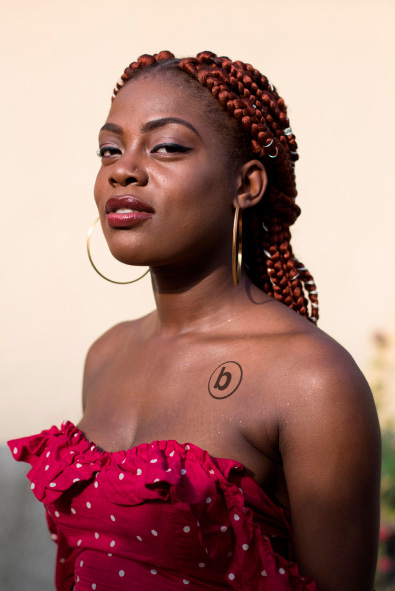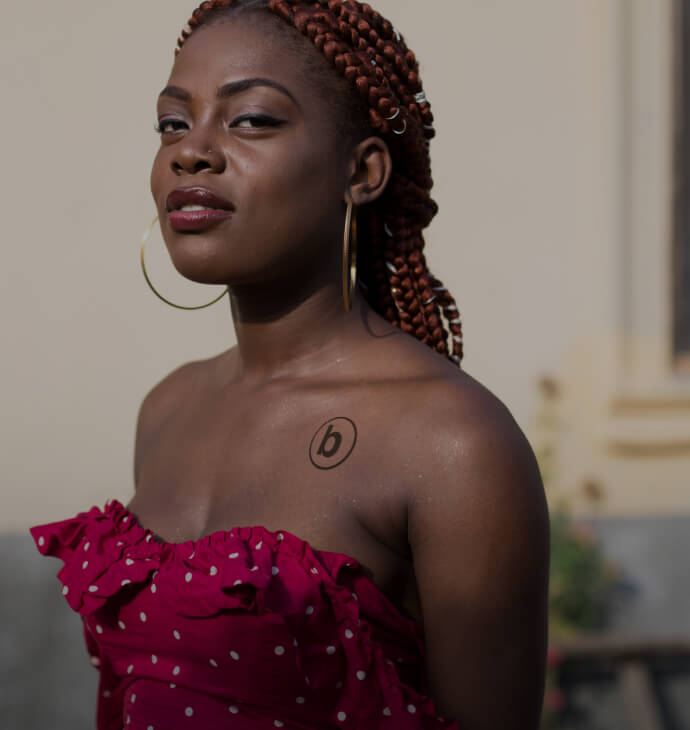The Gambia
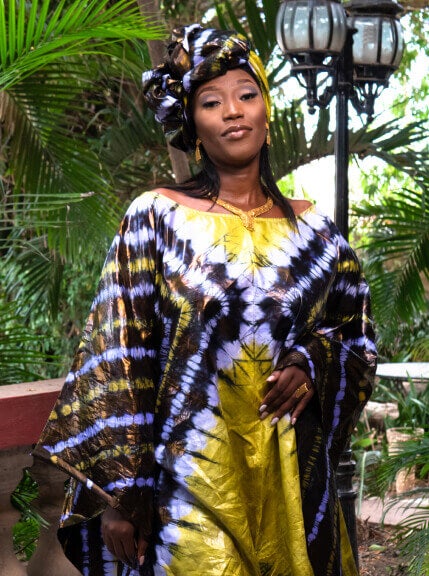
A few years ago, I published an article on my blog titled “Men Are Trash”. It looked at the origins of the use of the phrase, its global spread and the various forms of violence faced by women and girls in Gambian society. An online magazine shared bits of the article.... It attracted attacks from thousands of followers on their Facebook page, which continued for two or three days straight.*
The comments were directed at my looks, my intelligence, my sexuality, my parents. Commenters called me names, made false accusations, posted images of guns. Some blamed me for the attacks because I should not have “insulted men.” I stopped reading after a while...
I felt helpless. I was worried about the attacks against my parents and how they would react to it. Gambia is a small-knit community where everyone knows someone who knows someone, so information spreads easily. I had to do some form of damage control by informing my dad about what was going on before he heard from someone else. Fortunately, he expressed support for me. Talking to friends and family about my feelings and their constant reassurance also helped.
“Words hurt. It’s easy to sit behind a keyboard and say horrible things.”
I had always felt free to share my opinions. Now, I have reservations about sharing some of my unpopular opinions online. I am still working on this and have gotten better at it in the last couple of years. I still get triggered whenever I come across the post so I don’t know if I have fully made peace with it.
At the time, I had just graduated from university and was waiting to go to law school. Today, I am a lawyer working for a human rights institute. I had already made up my mind on the area of law I wanted to practice, but the incident further strengthened my resolve. I’m still very active online, although my presence on Facebook has been reduced significantly since then.
A few commenters supported and defended me. I felt seen by them – it showed that there were people who cared enough to find [my original] blog post and make their own conclusions. Some even shared the link so others could read it, too, and decide for themselves. I was tempted to take it down, but I realized that would deny people interested in learning a chance to do just that. Plus, my dad told me to stick to my opinions no matter the consequences, as long as my conscience was clear.


